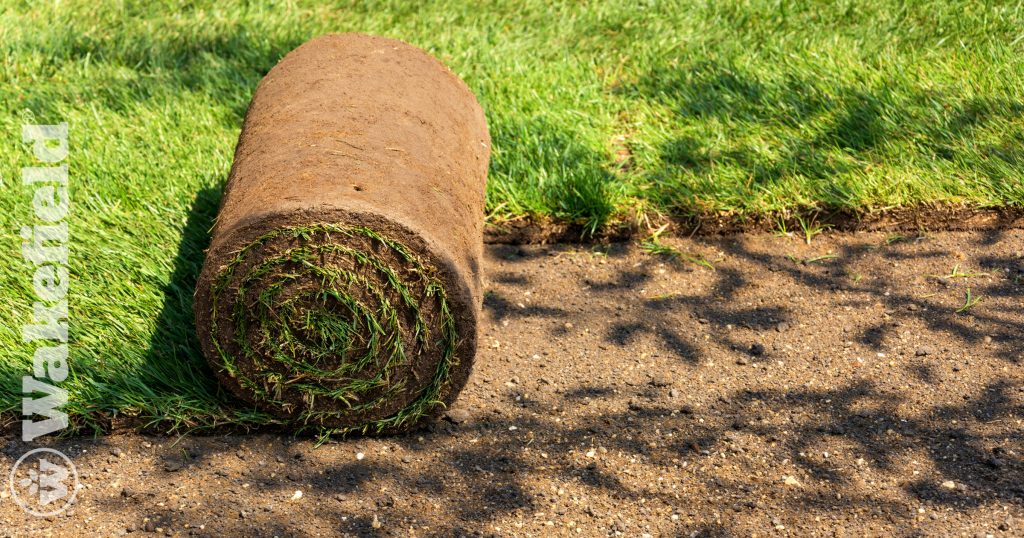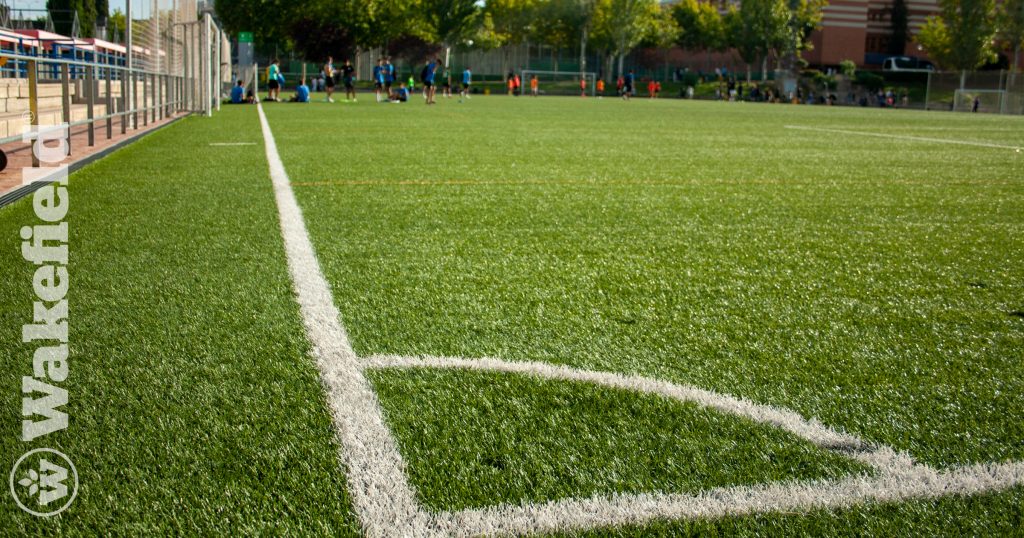How to use Biochar for Turf Management

The Importance of Biochar in Turf grass Management
Caring for turf grass on sports fields is no small feat, especially with the heavy use it gets during games. Unlike a regular lawn, sports turf needs special attention to stay in top shape. That’s where biochar comes in! Many field owners and maintenance pros count on biochar to keep their fields looking great. As an organic soil amendment, biochar improves soil structure and helps retain moisture and nutrients, leading to healthier, more resilient grass that can withstand the rigors of play.
Enhancing Soil Quality and Structure with Biochar
Sports fields take a beating from players’ cleats, which tear up natural grass. Biochar is essential for growing strong, robust grass on these fields because it improves the underlying soil structure.
A strong soil structure ensures a proper flow of oxygen to the root systems, which can be restricted when soil becomes too dense. Biochar keeps the soil soft and pliable, facilitating good airflow, efficient nutrient uptake, and better water retention, which all contribute to healthy grass.
Improved Nutrient Retention for Lush Turf Growth
Even the best athletic fields can suffer from poor soil quality, lacking essential nutrients like nitrogen, potassium, zinc, and iron. Without these nutrients, grass can’t thrive. Biochar helps by retaining existing nutrients in the soil, making them more available for the grass to absorb, leading to healthier and more vibrant turf.
Water Conservation and Enhanced Irrigation Efficiency
Efficient irrigation is crucial for healthy turf, but it’s also important to conserve water. Large sports fields can use a lot of water, which can counteract sustainability efforts. Biochar’s ability to retain moisture in the soil means that less water is needed for irrigation, helping field managers reduce water use while keeping the turf healthy.
Disease Suppression and Stress Resilience
Nutrients in the soil don’t just support healthy grass; they also help protect it from diseases, pests, and stress. Robust grass is better at resisting issues like brown patch, mold, and mildew. Biochar boosts microbial activity in the soil, which helps control pathogens that can harm turf. Combining biochar with compost enhances these benefits, as biochar helps retain the nutrients from compost, preventing them from being lost due to erosion and runoff.
Elevating Golf Course Sustainability with Biochar
Golf courses require high-quality grass for good play, but maintaining these courses sustainably is a challenge. Overuse of water and chemical fertilizers can harm the environment. Biochar can help by reducing the amount of water needed for irrigation and supporting sustainable practices like avoiding harsh chemical inputs.
Carbon Sequestration: A Sustainable Approach for Turf Management
Beyond supporting turf health, biochar positively impacts the environment by trapping carbon dioxide in the soil instead of releasing it into the atmosphere. This process, known as carbon sequestration, allows biochar to retain carbon dioxide for centuries, providing long-term environmental benefits. This is particularly important for commercial sports fields and golf courses, which have a larger environmental impact than residential lawns.
Biochar Meets the Complex Needs of Turf
Biochar is a comprehensive solution for the landscaping needs of sports fields, offering numerous benefits for both turf and the environment. At Wakefield BioChar, we’re proud to provide biochar products tailored to turf grass needs. Contact us today to learn more about how our products can help you achieve healthier, more sustainable turf.
Better soil. Better world.







